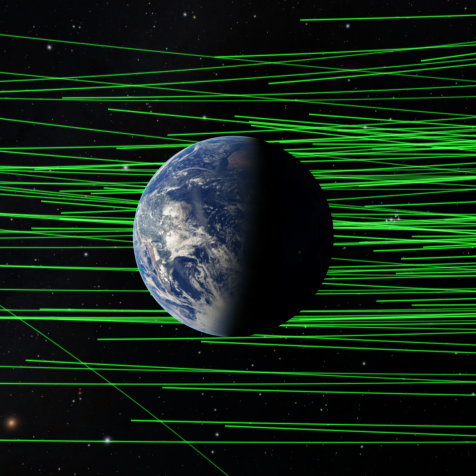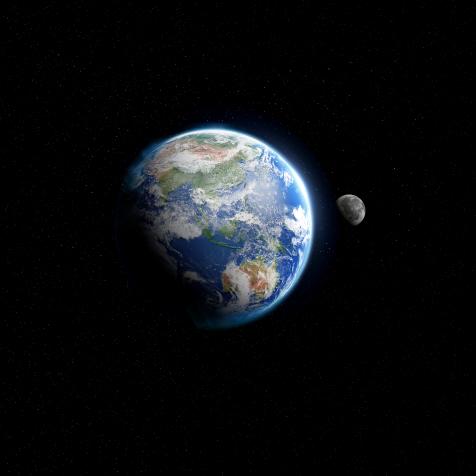
Getty Images
Time On Mars Moves Faster Than Time On Earth
Your workday would go by quicker in you lived on the red planet.
A second on Mars is slightly shorter than a second on Earth. Here's why: Einstein's theory of general relativity states that gravity isn't just a force that one object places on another, but an actual distortion in the continuum known as space-time. Think of it this way: imagine setting a large object in the center of a trampoline, which in this example is a representation of space-time. The large object creates a dimple in the center the way that the gravity of massive objects distorts space-time. A smaller object, of course, would distort the trampoline slightly less. For the same reason, time moves more slowly on the surface of high-gravity bodies like Earth than it does on smaller ones like Mars. The difference in the speed of time on Mars versus that on Earth is so slight that it probably won't affect future Mars explorers much. But this isn't just a theory: a 1979 experiment with the spacecraft the Viking Lander found that the time it took light to get to Mars and back was ever so slightly affected by the planets' differences in gravity. We've collected some awesome videos on this topic. Watch them now to learn more.
This article first appeared on Curiosity.com.


















